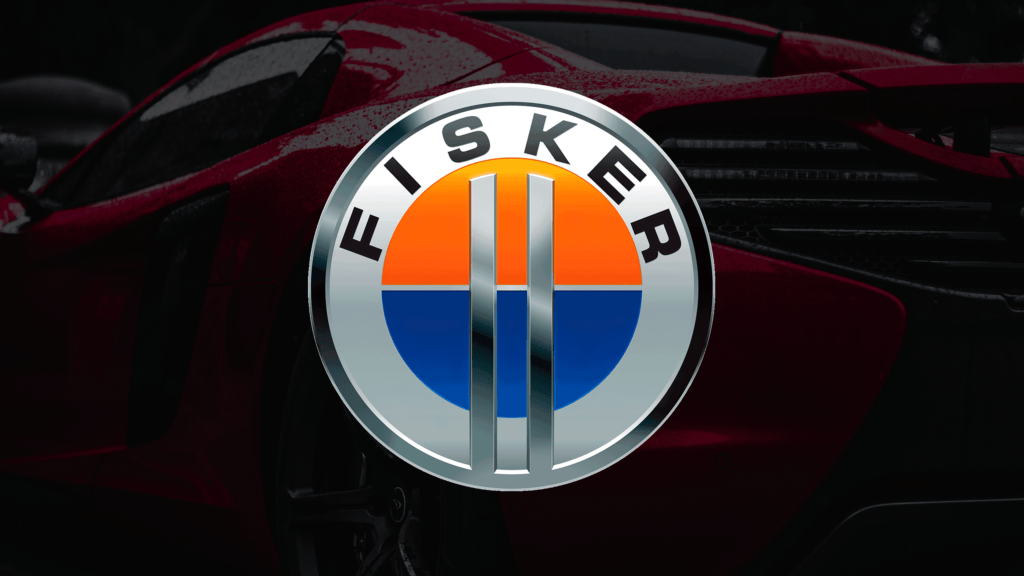Electric-Vehicle Startup Fisker Files for Bankruptcy

June 19, 2024: Fisker Inc. (formerly Fisker Automotive), a California-based electric vehicle (EV) startup, has filed for Chapter 11 bankruptcy protection in the United States District Court for the District of Delaware. This development signifies a major setback for the company, which has struggled to gain traction in the increasingly competitive EV market.
Fisker, founded in 2017 by veteran automotive designer Henrik Fisker, aimed to establish itself as a premium EV brand. The company’s flagship product, the Ocean SUV, garnered initial attention for its sleek design and targeted launch date 2022. However, production delays and financial constraints hampered Fisker’s ability to capitalize on this early momentum.
The company’s Chapter 11 filing outlines estimated assets of between $500 million and $1 billion, with liabilities falling within the same range. Fisker is reportedly in talks with potential financial partners to secure debtor-in-possession (DIP) financing, a form of temporary funding utilized by companies undergoing bankruptcy reorganization.
This is not the first time a company led by Henrik Fisker has encountered financial difficulties. In 2013, Fisker Automotive, the designer’s previous EV venture, filed for bankruptcy after failing to ramp up production of its sole model, the Karma plug-in hybrid sports car.
The reasons behind Fisker’s current predicament are multifaceted. Industry experts cite factors such as intense competition within the EV market, global supply chain disruptions impacting chip availability, and rising material costs as contributing elements. Additionally, Fisker’s lack of established manufacturing infrastructure compared to legacy automakers or other well-funded EV startups disadvantaged them.
The company’s future remains uncertain. The success of Fisker’s Chapter 11 restructuring efforts will depend on its ability to secure financing, streamline operations, and potentially forge strategic partnerships within the automotive industry. The company has committed to fulfilling pre-orders for the Ocean SUV, but the delivery timeline remains unclear.
Fisker’s bankruptcy filing underscores the challenges faced by new entrants in the rapidly evolving EV landscape. While the long-term prospects for electric vehicles remain bright, establishing a foothold in this market necessitates robust financial backing, innovative technology, and a clear path to production scalability. The coming months will be critical for Fisker as they navigate the bankruptcy process and attempt to secure a future in the competitive world of electric cars.
Also Read, Wells Fargo Fires Workers for Faking Keyboard Activity


















































